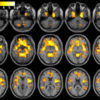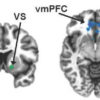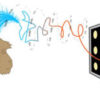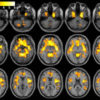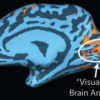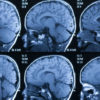Migraine headaches, or migraines, are defined as an intense throbbing or a pulsing sensation in one area of the head, usually with nausea, vomiting, and sensitivity to light and sound. Migraines are prevalent globally, as 30% or more people worldwide who struggle with headaches report suffering from migraines. Although migraines themselves are not lethal (if […]



